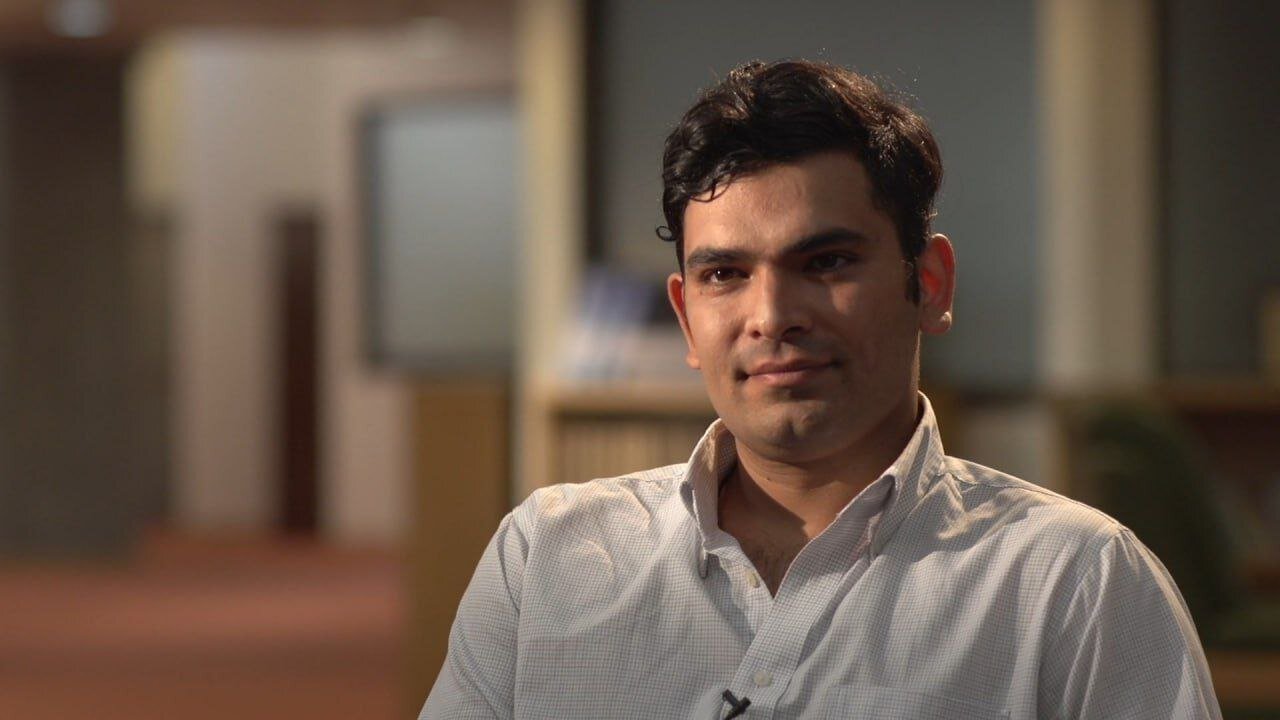
Whatever it was, these kinds of challenges occurred within a shared system or worldview. In the sense that Shi’ism had fundamental common ground with its rivals and opponents in religious beliefs and components, and the subject of disputes was mainly about interpretation and authenticity. The field of such debates and disputes was either hadiths or intratextual historical and theological narratives.
But when a knowledge called Islamic studies in the West crossed the Sunni world and entered the Shiite world; A new and fresh competitor appeared who, in addition to having no common ground with Shi’ism, critically challenged its foundations or raised new plans and questions. In this case, the point of conflict was no longer the authenticity of “imamate” and “caliphate” or the internal and external interpretation of religion and the book, but the issue of preserving and redefining one’s “identity”, both national and religious, in front of “the other”.
This “other” was modern thought and emerging political power, which was no longer enough to rely on hadith and theological debates. For this reason, despite the resistance, other tools and methods were gradually introduced. Perhaps one of the most accessible and direct methods was using the concepts of modern thought to explain and interpret religion and its basis. It is not without reason that when academic centers were established in Iran in the first half of the 20th century and religious studies entered the public arena from seminaries, the topics of the advancement of Shiism left the realm of fiqh, kalam, Sufism, and philosophy, and were introduced to new concepts and issues. Such as “Islamic socialism”, “revolutionary self-development”, “Islamic government”, “scientific interpretation of Islam”, “fatter than ideology” and…
To what extent these views are compatible with the fundamentals of Shiism and to what extent they have helped to understand modern thought, there have been many debates so far. But maybe one thing can be recognized in this type of looks. They are mainly speech-based discussions that are later converted into text. For this reason, in such an approach, pulpit and tribune have always taken precedence over text and reference. In addition, since this approach has always prioritized speech, it has been more practical in dealing with the atmosphere and political activities and has been able to adapt to the requirements of time and place. to narrate a kind of Shi’ism that is more the result of intellectual activities than research.
Although narrative and oral interpretation of Shiism, at least in the public domain, has been a large part of the dominant flow of contemporary Iranian thought, we can point to a flow that placed the text as the basis and the speech on the sidelines. In the sense that the originality was no longer with the speech, but belonged to the text, and a method or methods were needed to translate the text into Arabic language.
In addition to historical studies and approaches, it can be said that phenomenology and linguistics are two methods and styles that have come to the aid of ancient Shiite texts in understanding and expressing the text. It cannot be a contradiction to say that we owe the phenomenological understanding of the text to Henry Carbone. However, the spoken readings of Shiism have taken this issue to the sidelines and have taken “talmiz”, “kneeling”, “truth” and… as the original.
There are many stories and hadiths about the extent to which Carbon’s thought has been effective in the development of contemporary Iranian thought and the knowledge of Shiism. But his phenomenological reading has left this legacy that to understand the contents of a religion or religion, it is the text and writing that must always be taken into consideration.
“Professional” documentary is in a way the narrator of these two readings of Shiism against the challenges of modern thought. In addition to giving a brief overview of Henry Carbone’s legacy, this documentary shows how to beware of passing political noises and to have an attitude of originality for the text and writing by putting Mohammad Ali Amir Moazi in the text.
This film will be screened on Monday 19th and Thursday 22nd of Azar at Chaharso Campus (the venue of the Truth Festival).
*Professor of comparative philosophy at Meiji University, Japan
245245
